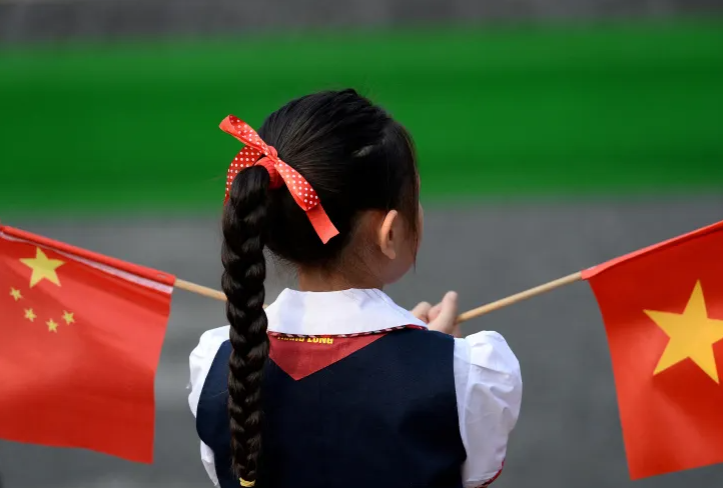China and Vietnam, historical rivals with ongoing disputes, took steps towards trust-building and expanded cooperation in a summit held in Hanoi. This move came shortly after Hanoi improved its relations with Washington.

During the summit, Chinese leader Xi Jinping and Vietnamese Communist Party chief Nguyen Phu Trong emphasized the need to strengthen their strategic relationship. They agreed to collaborate on various fronts, from maritime patrols to trade and crime prevention, marking what Chinese state media hailed as a “new positioning of relations” between the two neighboring Communist-led countries.
Xi Jinping Closer Ties to Washington.
Both sides expressed commitment to forging a community with a “shared future,” echoing Xi’s vision. Trong lauded Xi’s visit as a pivotal moment, projecting a new phase for their nations and parties, according to the state-run Vietnam News Agency (VNA).
The leaders emphasized the importance of building political trust and fostering ties based on mutual respect, equality, and mutually beneficial cooperation, while acknowledging each other’s independence, sovereignty, and territorial integrity, as per the Vietnamese report. However, the Chinese account of the meeting stressed trust-building without explicitly mentioning territorial integrity and sovereignty in relation to their ties.
Xi and his wife received a warm welcome during their visit, marked by ceremonial gestures and enthusiastic public displays, signifying the significance of Xi’s first visit to Vietnam in six years and his fourth overseas trip since beginning his third term as China’s President.
This visit follows US President Joe Biden’s September visit to Vietnam, during which Washington and Hanoi strengthened their ties amidst increasing trade and shared concerns about China’s expanding presence in the South China Sea.
While tensions between Vietnam and China have escalated due to Beijing’s assertive actions in the South China Sea, the recent agreements between the two countries signal efforts to ease these frictions. Joint military patrols in the Gulf of Tonkin and the establishment of a communication hotline for sea-related incidents were among the agreements reached.
Both sides expressed the need to respect each other’s legal interests, avoid complicating situations, and resolve disputes peacefully in accordance with international laws.
Amidst heightened tensions in the South China Sea, characterized by conflicting territorial claims, the meetings between China and Vietnam occurred within a context of ongoing disputes and efforts to prevent misunderstandings and potential conflicts in disputed waters.
Diplomatic Summit Xi Jinping.
Xi’s visit to Vietnam aligns with China’s endeavors to stabilize diplomatic ties with key partners, especially amidst economic challenges and strained relations with the US.
The agreements signed between Beijing and Hanoi encompass various areas, including propaganda, crime prevention, trade, transportation, digital economy, and telecoms. Efforts to enhance cooperation in connectivity frameworks and infrastructure development were also emphasized, although specific details regarding aid or funding were limited.
The leaders also signed a memorandum of understanding aimed at boosting cooperation in digital economy and data, potentially supporting Xi’s Digital Silk Road initiative.
Xi continued his visit by meeting with Vietnam’s Prime Minister, Chairman of the National Assembly, and President, signaling a comprehensive engagement between the two nations at various levels of governance.